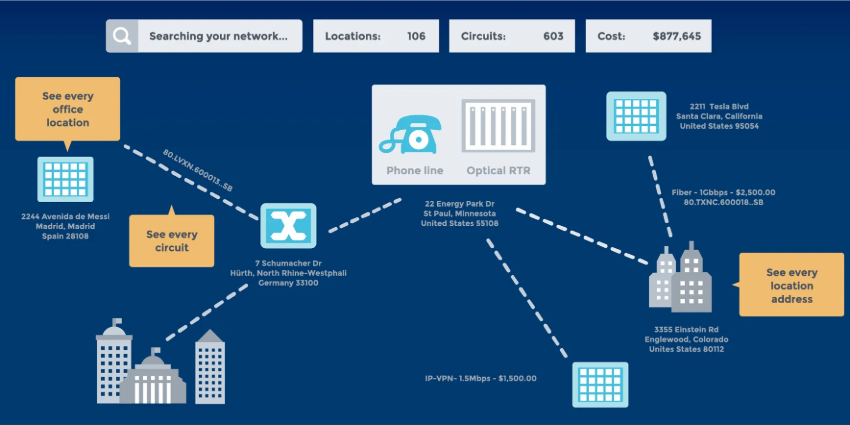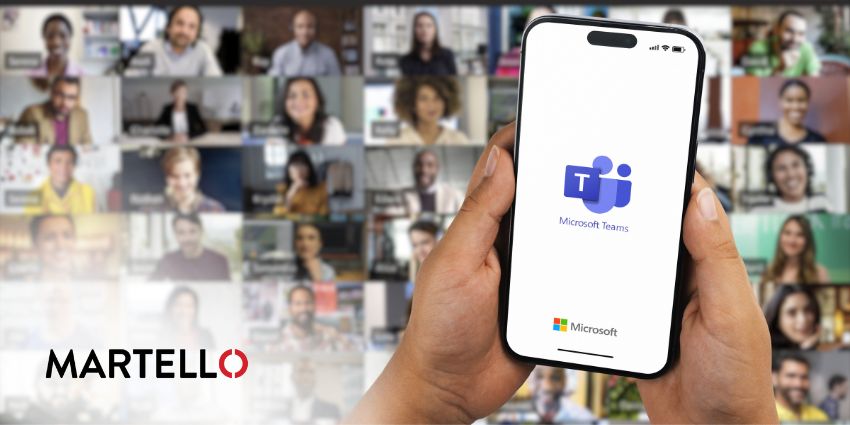Avaya’s Bankruptcy Plan Gets Court Approval
On Wednesday, the U.S. Bankruptcy Court for the Southern District of New York approved Avaya’s restructuring plan. The plan includes reducing Avaya’s total debt by more than 75% and increasing its liquidity position to more than $650 million. Avaya said the plan would allow it to continue to operate its business while it invests in its cloud communications platform.
The court approval is a major milestone in Avaya’s bankruptcy case. The company can now move forward with its restructuring plan and emerge from bankruptcy as a stronger company.
Alan Masarek, Avaya’s Chief Executive Officer, said:
“We embarked on this process with a clear goal – to create a stronger financial foundation that enables us to build on our competitive industry position, strengthen our partner ecosystem and better meet the needs of our customers with further investment in our cutting-edge, long-range product roadmaps.”
Zoom Pays Out to Bug Bounty Hunters
Zoom paid $3.9 million to bug bounty hunters in the fiscal year 2022, which meant it exceeded $7 million in awards. The program began in 2021 and called on the expertise of the ethical hacking community to find vulnerabilities in Zoom’s platform. In return, Zoom provided payment which averaged nearly $4.5k per bug. To attract professional hackers, Zoom created a private program via the cybersecurity company, HackerOne, which it described as the “industry’s leading provider” for connecting with IT security professionals.
Zoom’s Security Manager, Roy Davis, said it was important to identify bugs and issues before the bad guys did. He said that they raced to identify them proactively and that they tapped the ethical hacking community to help them.
As well as locating vulnerabilities, hackers helped Zoom to improve its service in a number of other ways. For example, they helped to improve the security of Zoom’s authentication system, and they helped to identify and fix vulnerabilities in Zoom’s video conferencing software.
Google Launches ChatGPT Rival
Google’s Bard is a large language model (LLM) chatbot that is trained using a massive dataset of text and code. It can generate text, translate languages, write different styles of content, and answer your questions in an informative way. Bard is still under development, but Google has released it to the public in order to gather feedback and improve the model.
Bard is based on Google’s LaMDA language model, which was first announced in June 2022. LaMDA is a powerful language model that can generate realistic and coherent text, and it has been used to create a variety of products and services, including Google’s chatbot Meena.
Bard is similar to LaMDA, but it is trained on a bigger base of text and code. This allows Bard to generate more creative and informative text, and it can also understand and respond to more complex questions.
Google is still working on Bard, and it is not yet perfect. However, it is a powerful tool that can be used for a variety of tasks like generating creative text, translating languages, and writing different kinds of creative content.
If you are interested in trying Bard, you can sign up for the waitlist on Google’s website.
Vonage Reveals No-Code Video Conferencing API
Vonage released a no-code API to embed video conferencing into user workflows without requiring support from developers.
Meetings API can be integrated with any website or platform into internal and external workflows, providing visual engagement capabilities which are designed to improve customer and employee interactions.
Compared to other solutions requiring long and complicated integrations, Meetings API will be much quicker and easier to implement, speeding up time to market.
Ron Maayan, SVP Product for Vonage, said: “The key differentiator for Vonage Meetings API is the user experience.
“The no-code Meetings API is built from the point of view of a non-developer user or citizen developer, empowering them with the easy-to-implement technology to create sophisticated experiences for their users that are integrated and branded, with a native look and feel.”







